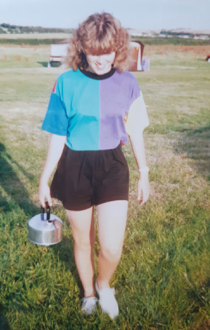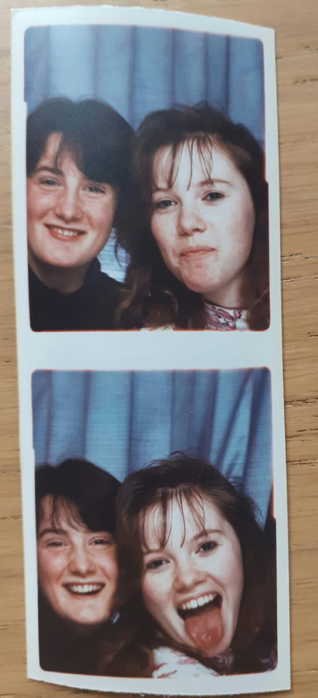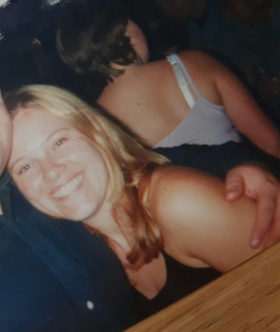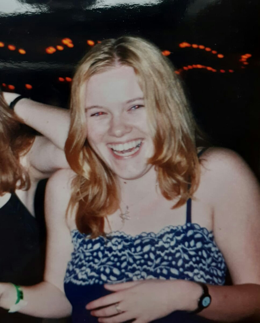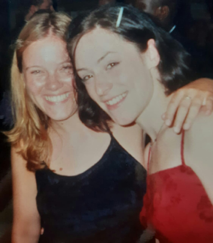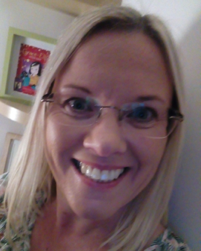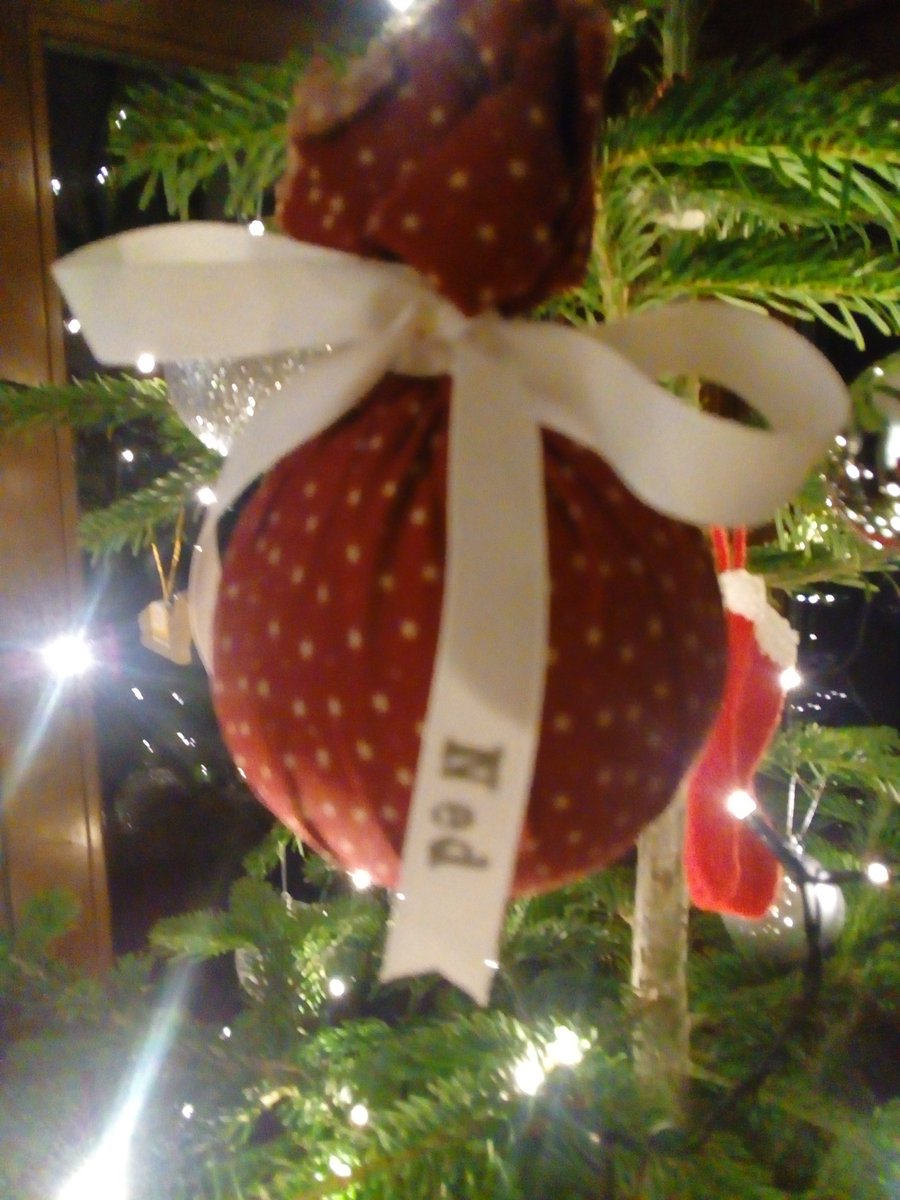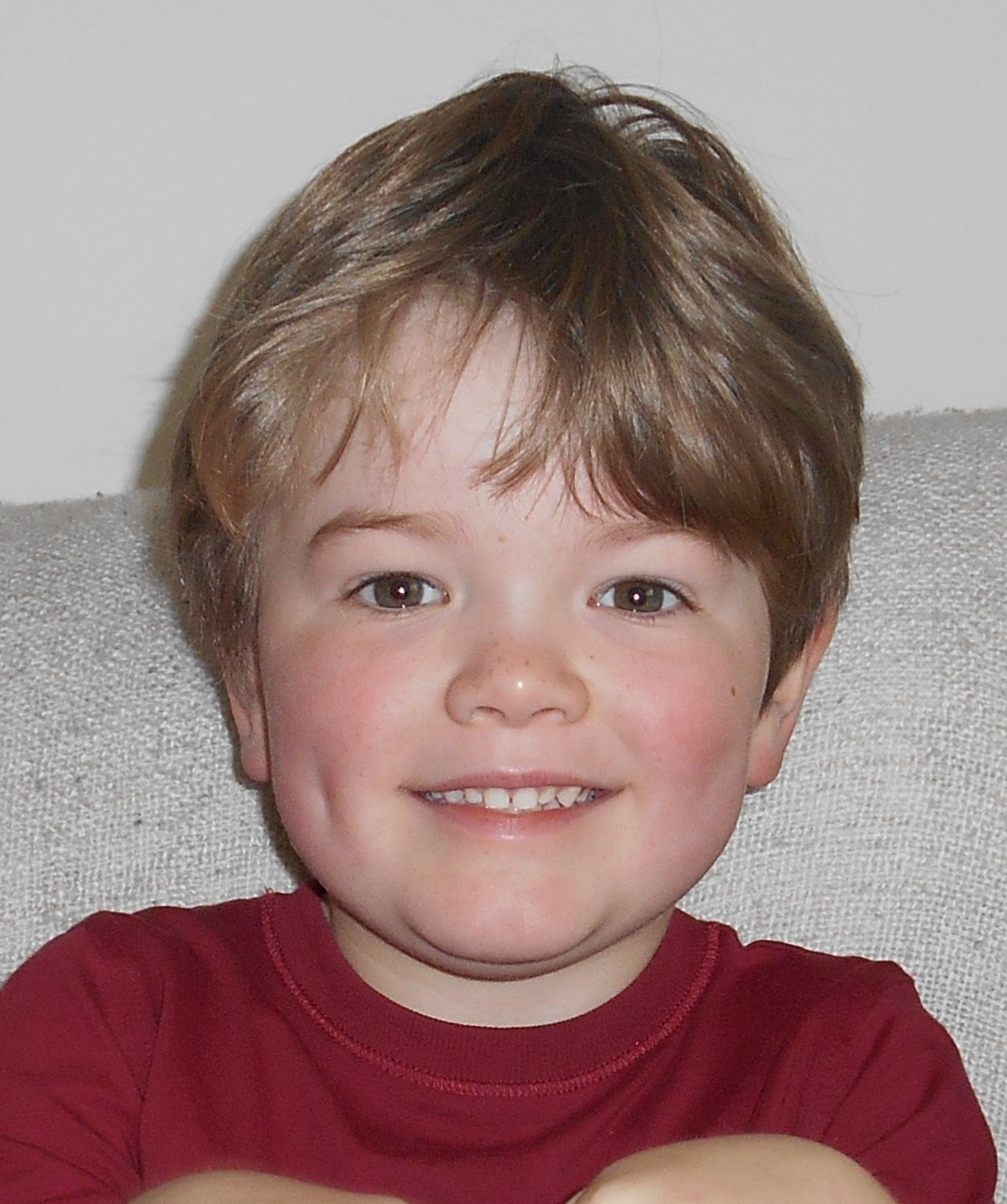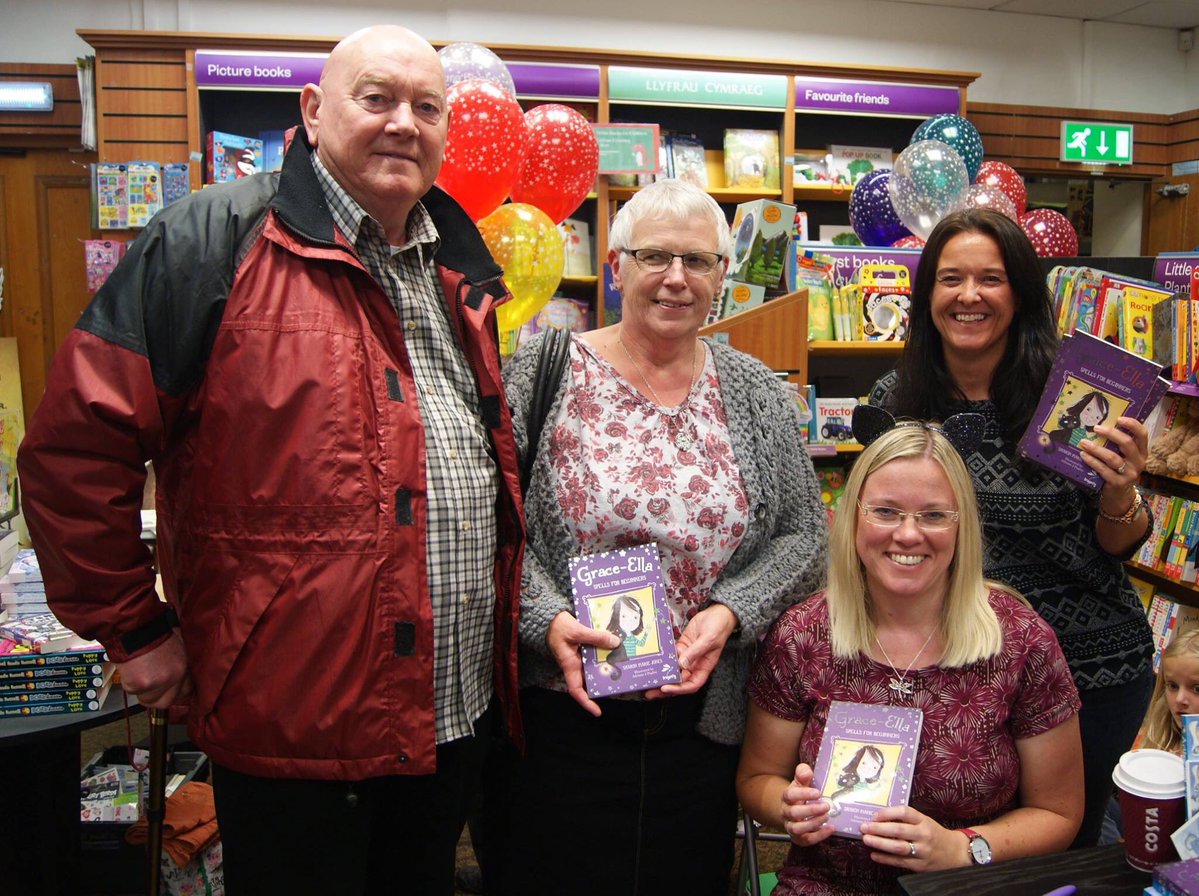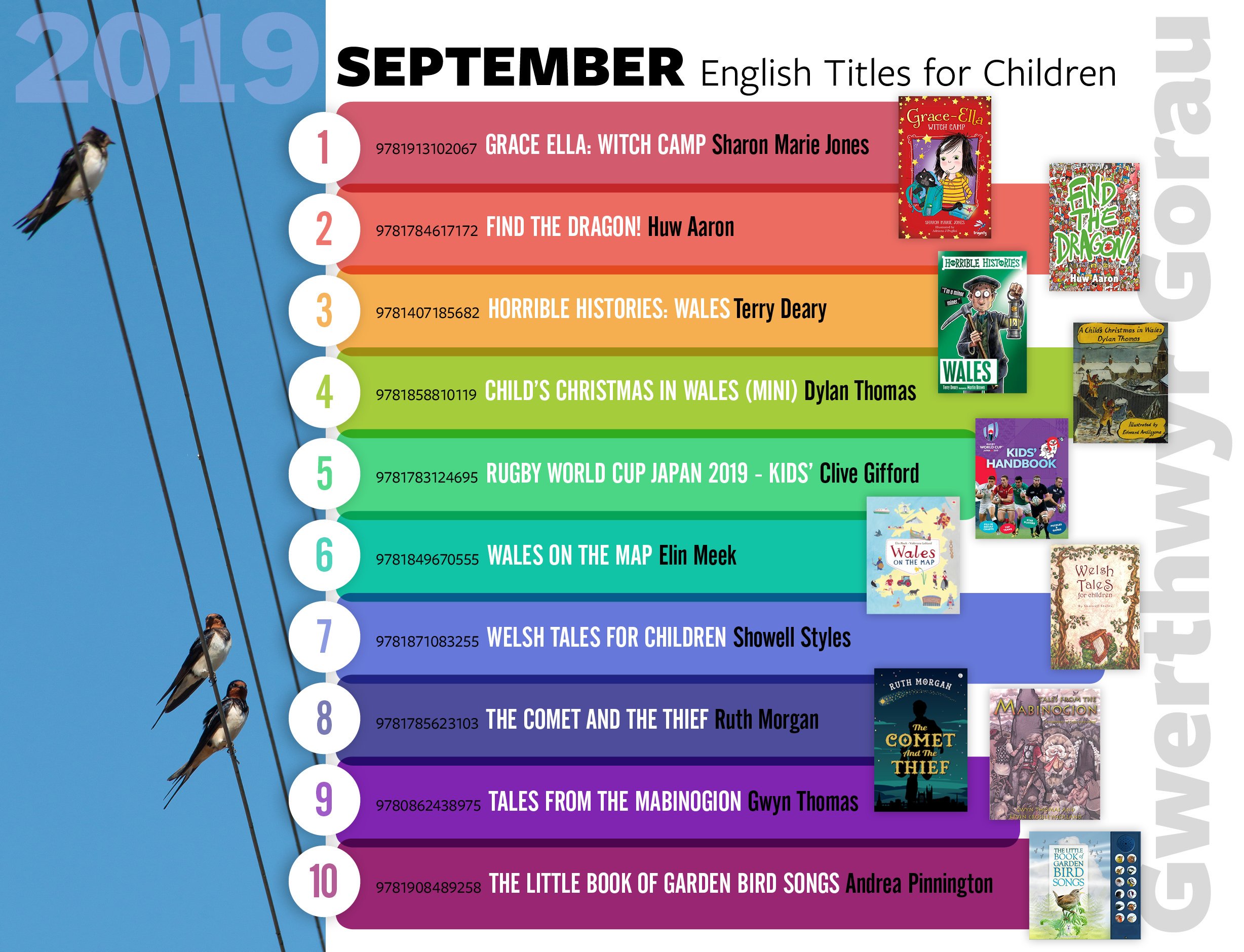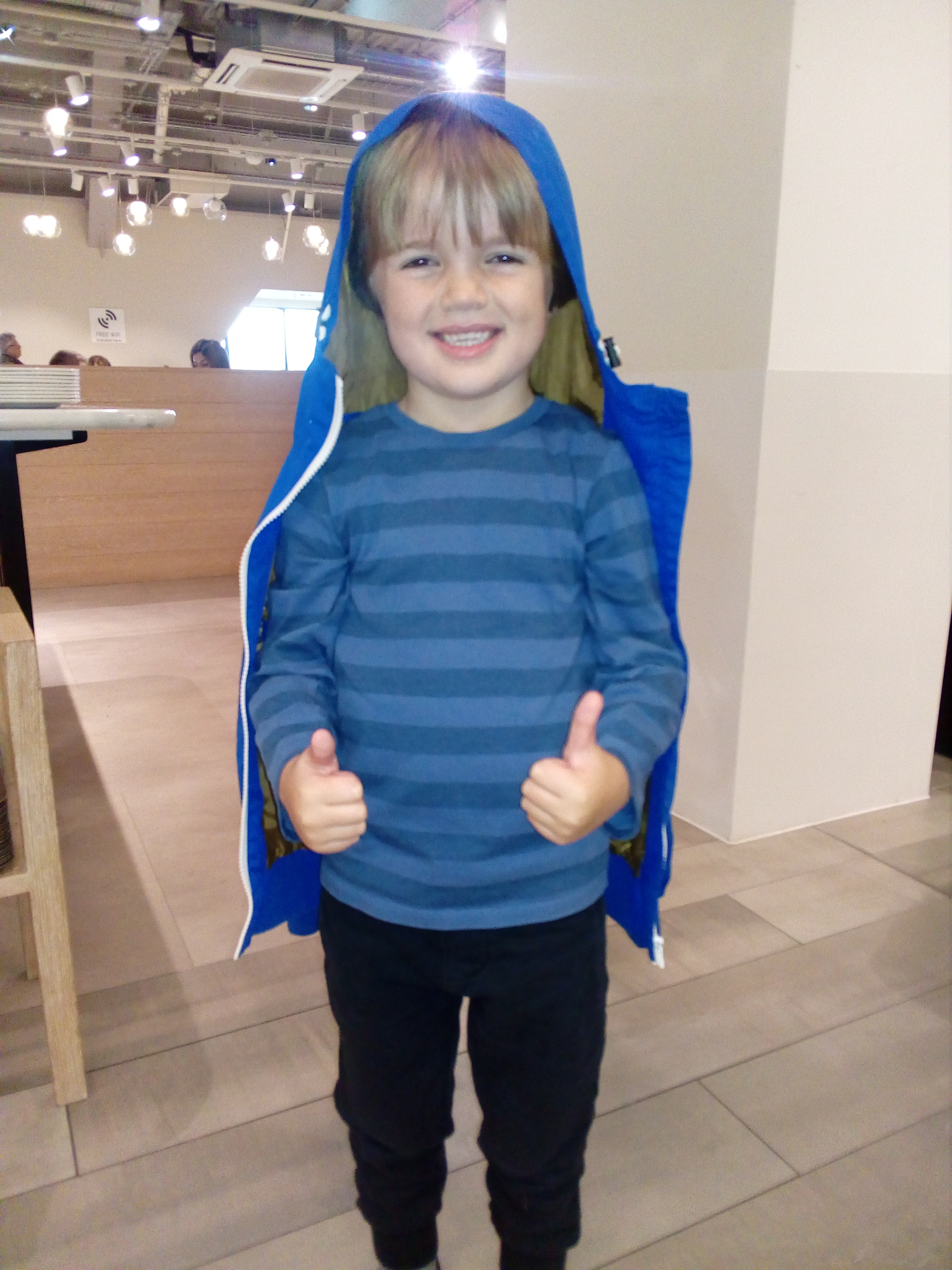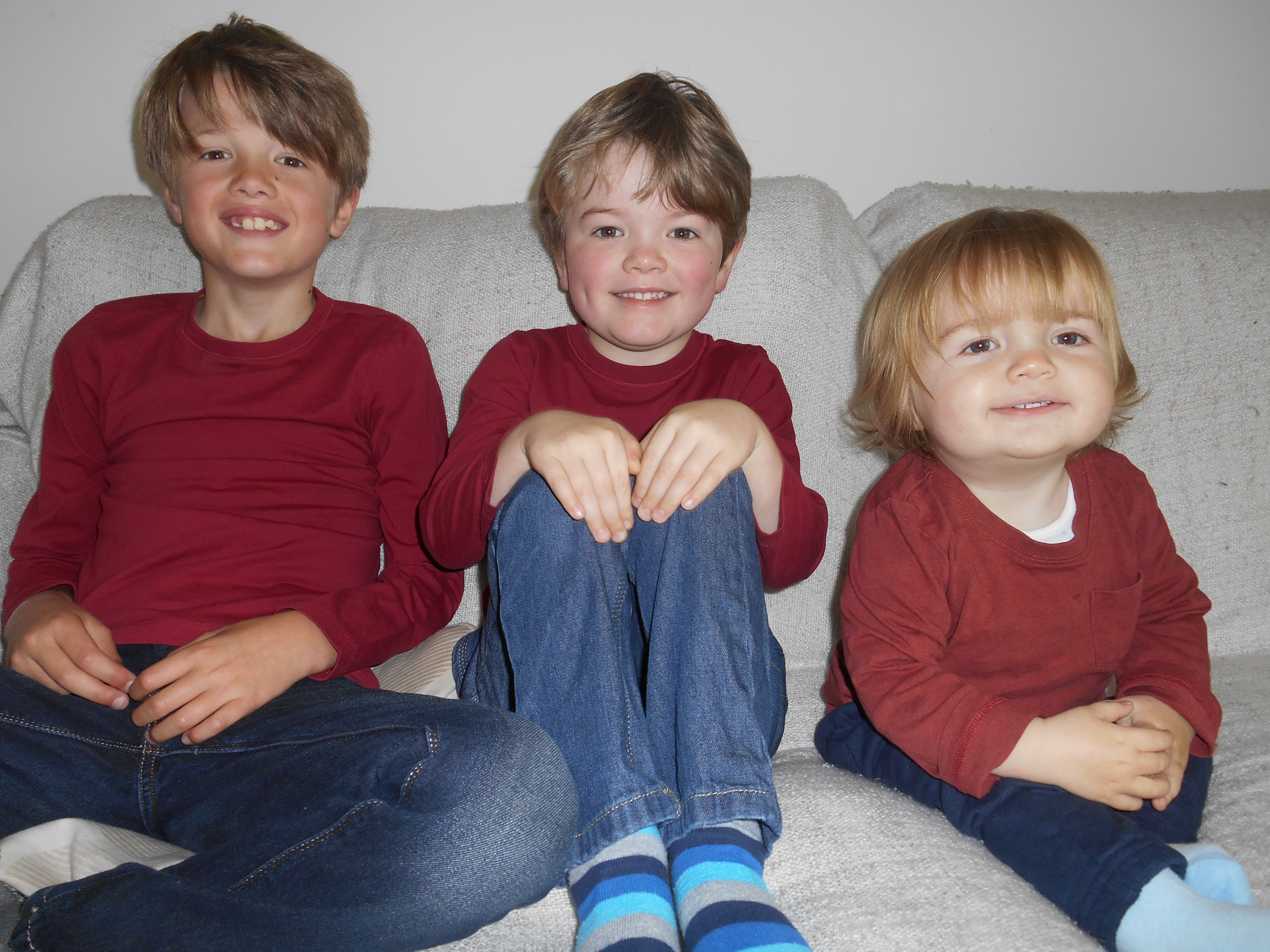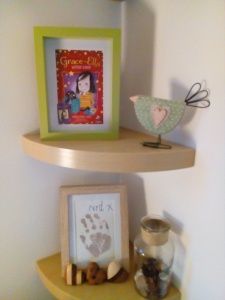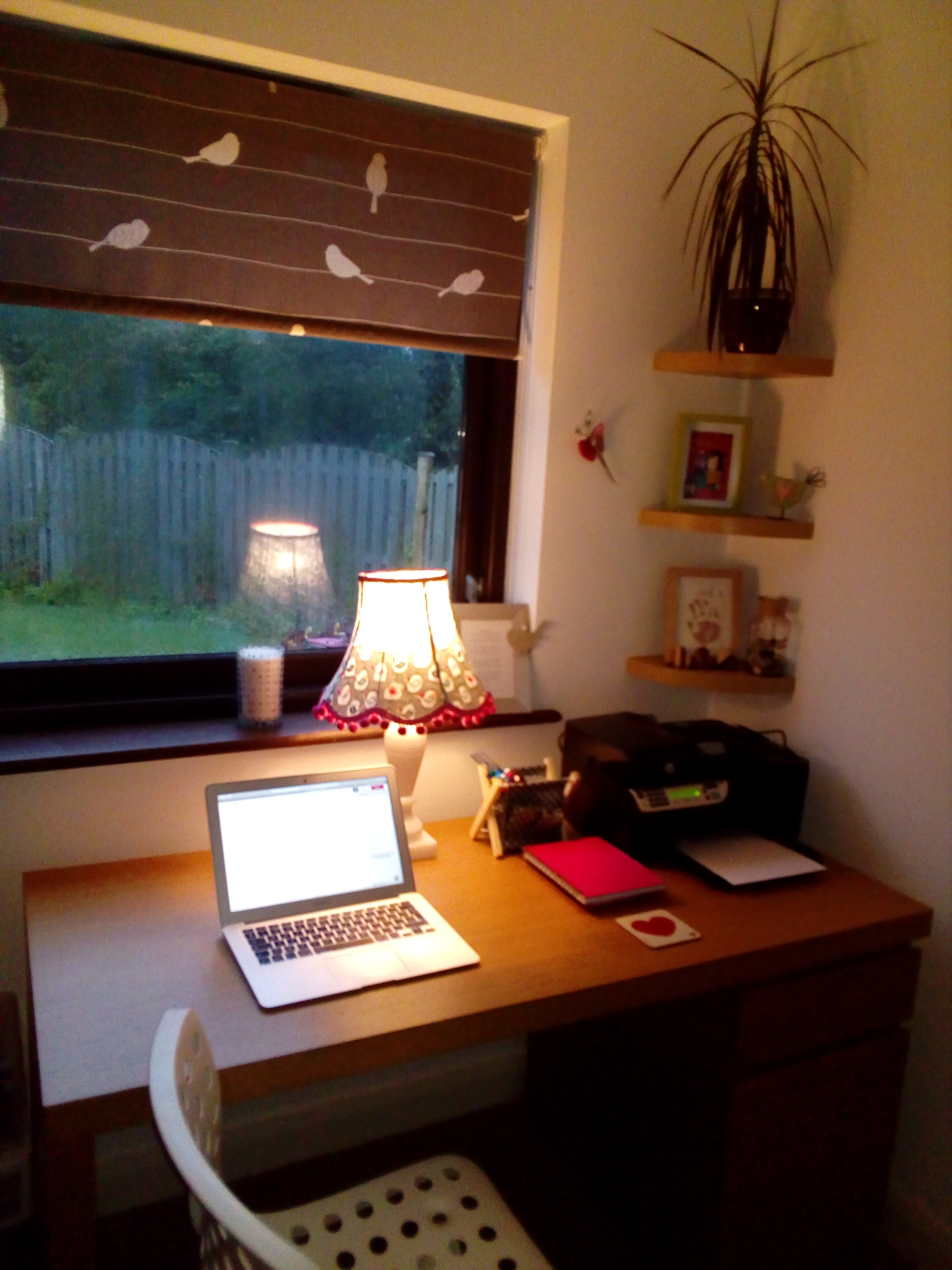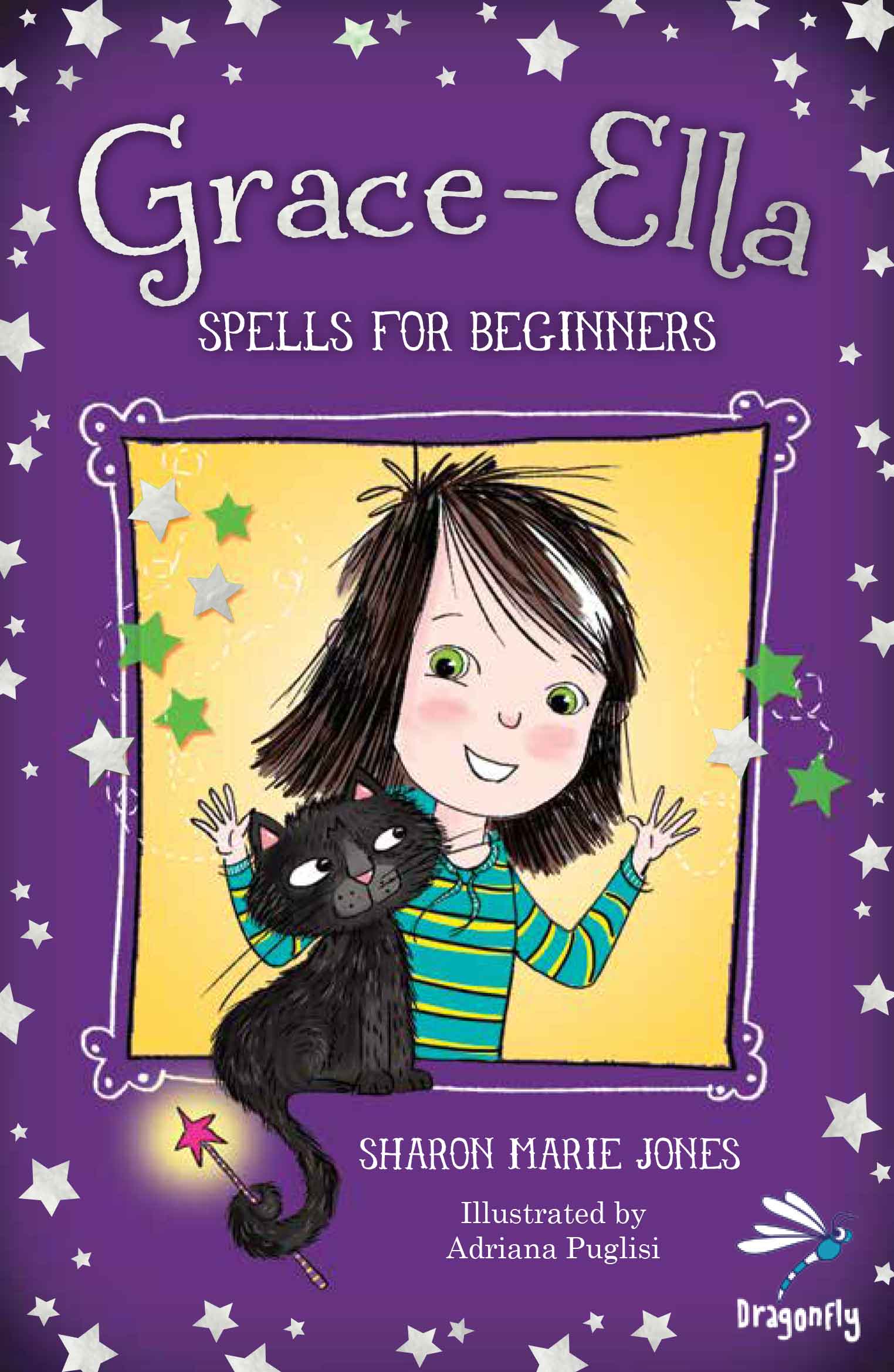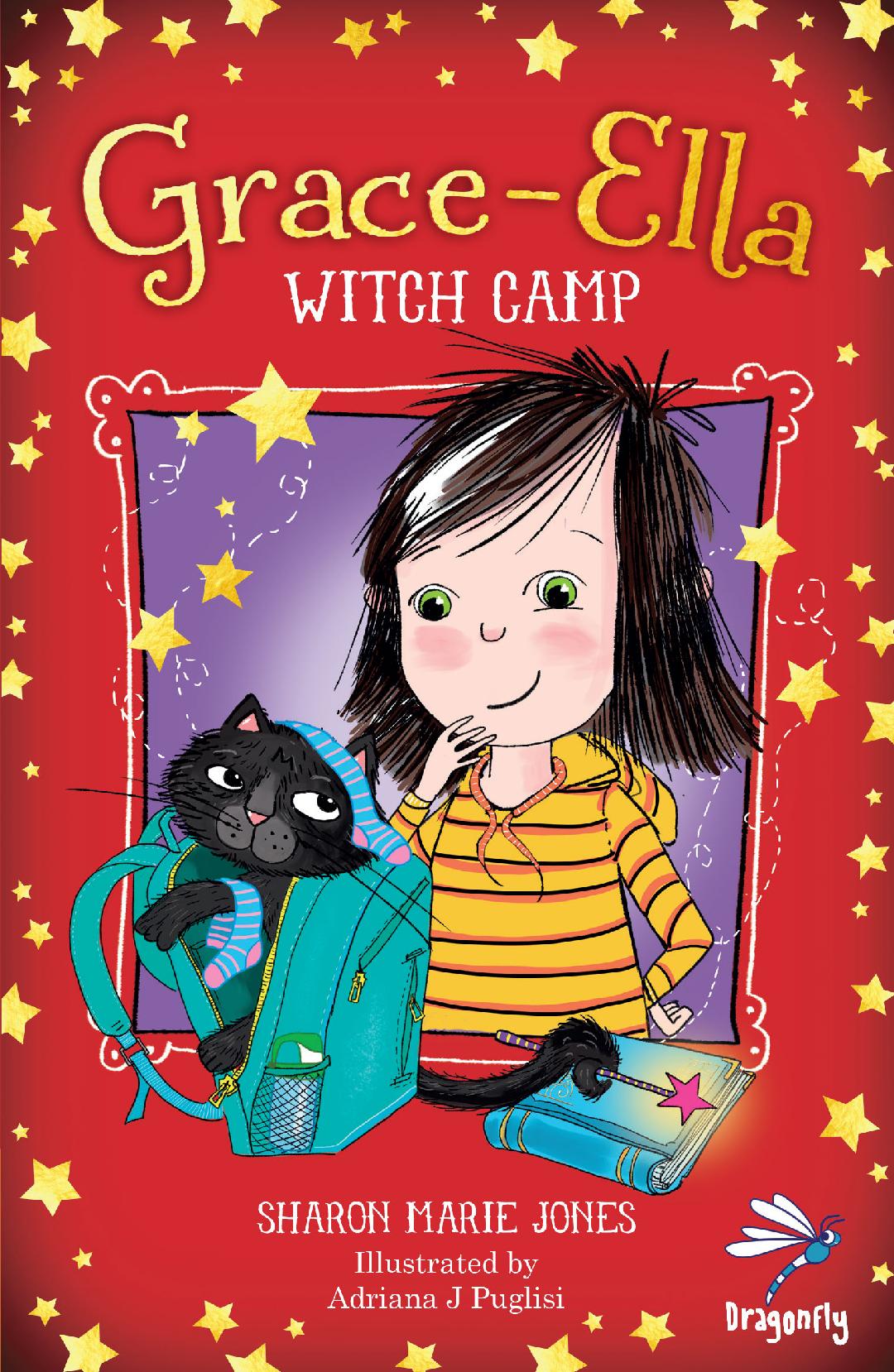This is the first in a collection posts that I’m going to write, as I have decided to share my journey to improve my physical health, here. There are two main reasons for this:
- Writing helps me and keeps me focussed.
- My words may help someone who is on a similar journey to me.
Over the last few years, I have openly written about my battle with my mental health. I have been open about suffering with depression and anxiety, and have spoken about my first mental breakdown at the end of 2014, when I became suicidal. Thankfully, at that time, I asked for help and started on my recovery, which included taking anti-depressants. I have spoken about losing my little boy, Ned, in 2016, which shattered my whole world, and about how I struggle every day to live since that day, battling with PTSD and Complex Grief Disorder.
What I’ve never really spoken about is my battle with my physical health and weight. But our mental health and physical health are interconnected (there are many websites which talk about this). When one deteriorates, it is highly likely that the other will too. When you’re locked in that negative cycle it can feel desperate and hopeless. What I want to try do for myself is to change that cycle into a positive one: Improvement in my Physical Health = Improvement in my Mental Health.
During my 20s, I was reasonably active. I would go to aerobics classes, go swimming once a week – your average level of activity. But when depression became a strong presence in my life in my early 30s, I withdrew from physical exercise, and life in general. I didn’t want to leave the house, other than having to go to work.
When I was diagnosed with Clinical Depression and Anxiety in 2014, one of the things I wanted to work on was to get back to doing some physical activity. I joined a running club and found a non-competitive netball group to join. I had never run before, but had heard so much about its benefits, and I have always loved netball.
In December 2015, I went into hospital to have a hysterectomy. My intention was always to get back running and playing netball once I had recovered. It turned out to be a complicated op and I was told that my physical recovery would be slow – at least 6 months to start feeling ‘normal’. 3 months post-op, Ned died.
Since then, I haven’t looked after my physical health at all. It’s difficult to explain but life for me now is either a really bad day when I’m in a dark state of despair and I don’t want to be anymore, or it’s a ‘quiet’ day when I don’t really feel anything at all; when I’m completely disconnected from the world around me.
With life being one of these two states, it’s very difficult to find the motivation to do anything other than go through the motions to get through the day. That doesn’t mean I’m not aware of my physical health deteriorating, I just haven’t got anything left in me to address it properly.
But when I go to bed at night, the tears come, and the shame and disgust and self-loathing that live inside me. And it has been getting worse and worse, making me withdraw further and further from life outside my front door. At the weekend, my husband suggested we all go into town for a coffee. On parking, I began to cry uncontrollably and didn’t want to leave the car. It took 15 minutes for me to be able to open the car door. That’s how real this is for me. This isn’t me wanting to lose weight to fit into a particular dress, or me wanting to lose a few pounds before the summer. This is me wanting, no needing, to change my life because I know I can’t keep going like this.
To sum up where I’m at in terms of my physical health:
- Over the last 5 years, I have gained 5 stone in weight (partly as a side-effect of the medication I take)
- My blood pressure has been creeping up and I am now at the very high end of ‘normal’
- I am at a high risk of developing diabetes (my Dad had Type 2 diabetes, and I developed gestational diabetes, which put me in a high risk category without the weight gain)
- I am in the menopause (and still suffer with Polycystic Ovarian Syndrome as my ovaries haven’t been removed)
- I have Binge Eating Disorder (BED)
I have tried on two occasions over the last two years to get professional help. The first time it was brushed away. To be exact, the words that were said to me were, ‘So you’re chubby and tend to over-indulge. I think you have bigger things to address in your life at the moment.’ The second time, nothing. I underwent a mental health assessment after my GP referred me due to feeling suicidal. In that hour-long assessment, I forced myself to open up, despite feeling ashamed, and said how I didn’t want to leave the house anymore, how I didn’t want people to see me, how I can’t look in the mirror or have a photo taken of myself as it makes me feel physically sick, how I feel so much shame and disgust and hate for myself. The assessment ended with an outline of the support I would get with the promise of a phone call in a couple of days. I never received that phone call. I never received the support they said I would.
So, this is a battle I have to face by myself. I have tried sporadically over the last 3 years, with different approaches. I started running again, and did get myself to a point where I was really enjoying being out running, but I never manage to sustain it. I get into a pretty bad place mentally and any physical activity I am doing at the time, stops. This then leads to me feeling angry with myself, feeling stupid and disgusted that I can’t change things, which then worsens the BED and on an on the negative cycle turns.
I have joined Slimming World twice over the past year, but have failed with this too. But I’ve realised that without addressing my BED, following a diet plan isn’t going to work. I would follow the plan all day, but then I would binge during the night, feel disgusted and ashamed of myself, and then not be able to face going to the weekly group.
Over the last couple of days, since my panic attack in the car, I have been trying to come up with a plan to try and make the changes I so desperately want. I know I’m going to have to put every bit of fight I have into this, and although I’m facing this battle by myself, by sharing my journey here, I feel a little less alone, if that makes sense.
And so today is Day One, my starting point. The finish line is a long way away, not visible at present, as I’m going to take small steps, and only focus on one week at a time. I know if I put too much pressure and expectation on myself, and set myself far-reaching goals, I’ll crumble.
I will be posting here weekly, about what has worked for me and what hasn’t. I will be honest about how my journey is going, and will share both the highs and the lows … and I promise that my posts will be much shorter than this one!!
So here is my plan for Week 1:
- Keep a food diary (which will include foods eaten if I binge)
- Follow the Slimming World plan (but for now, I won’t be attending the weekly weigh-in)
- Do some form of physical activity 3 times (not including my daily dog walks)
- Only weigh myself once every morning (I currently weigh myself 4/5 times a day therefore once a day is more realistic for me at the moment than say once a week)
- Order(and start reading)a book about beating BED, that has been recommended to me
If you’ve made it here to the end of my post – thank you for sticking with me!
See you here next week for an update!
